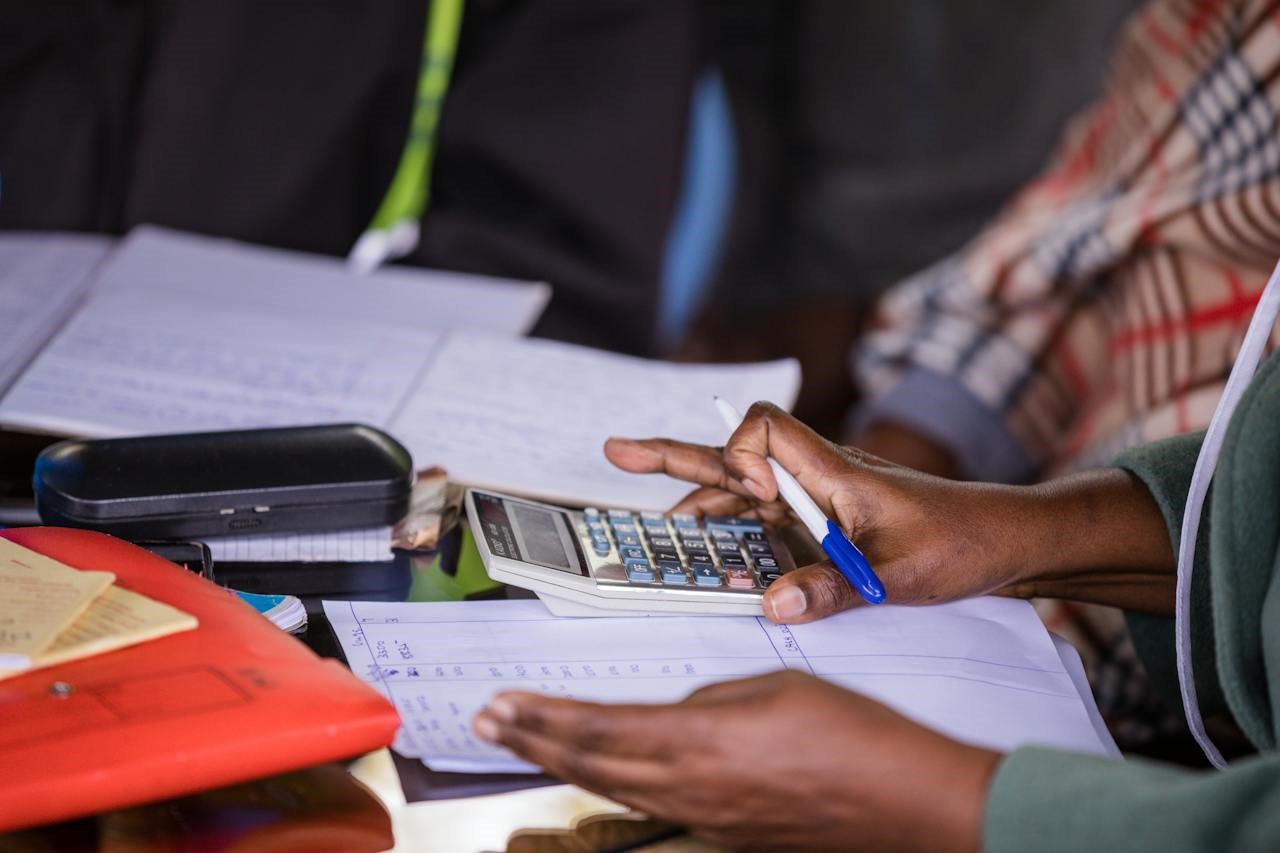December is the second most popular month for businesses to end their financial year, March being the most popular as it is in line with the tax year. That means that in January alongside completing December monthly accounts and October to December VAT returns, we are also finalising year end accounts for those businesses with a December year end.
As bookkeepers it is our responsibility to ensure the accounts and VAT returns are accurate throughout the year but when it comes to completing the year end accounts to pass to the company's accountant we carry out numerous checks before finalising.
Our bookkeepers work through a checklist ensuring that everything is reconciled, balanced and tidy before a Senior Bookkeeper does their own year end review. We know that accountants need certain information to complete their job so we ensure we have the documents they will request. This is likely to be payroll summaries, bank statements proving year end balances and any HP or loan agreements.
I am sure business owners wonder why we ask for certain documents but of course we need some of them to do our job accurately, but more importantly, if we can gather everything together for the accountant and send it all at once, it makes life a whole lot easier for our business owners. They know that generally we can provide all the information the accountant needs and usually any additional information they require.
Many of the checks we do at year end we also do monthly and quarterly so there really shouldn't be any errors to find but it is always good to look at the whole year rather than just two or three months because it helps to compare more data and we are more likely to spot inconsistencies or missing transactions.
One area of the accounts we check regularly is the wage control accounts - ensuring that all net wages have been paid correctly, that PAYE has been paid correctly and that pension contributions have been collected by direct debit. PAYE is one of the most important areas to check as HMRC are very quick to add interest on amounts owing before telling you that you have missed a payment. So we keep a regular eye that our clients are making their PAYE payments and if we spot a missing one we will remind them. At year end we will always check the outstanding balance in the accounts agrees with HMRC records.
One of the other areas we consider when preparing the year end is whether there are any costs which need to be included in the accounts for the financial year but which haven't been invoiced yet. We will make an accrual for anything that we believe should be included. Electric or gas are good examples as invoices are often quarterly or even six monthly so a cost for the missing part of the year needs to be included. Alongside this we will review payments which have been made in advance but span two financial years as the cost needs to be split between the two years. An example of this is likely to be insurance where a single annual payment has been made or rates which cover the year to March.
Our monthly, quarterly and annual accounts processes are pretty thorough because we want our clients to know that their accountant isn't going to spend time sorting out things in the accounts which should have been done before they received them.
We have already completed a few December year ends and will have several more complete by the end of January. Whilst January isn't the best time to be sending year end accounts to accountants while they are working on tax returns, it does mean they have them to start on in February once the tax deadline has passed.
The quicker year end accounts can be completed the sooner business owners will know how much tax they will have to pay. For sole traders tax is payable in January and July each year and if your accounts are completed promptly you may find you can reduce your July payment if trade hasn't been so good but even if you can't at least you have plenty of time to save for that payment. Limited companies have to pay corporation tax 9 months and 1 day after their year end, so again, the sooner the business know what they have to pay the sooner they can start planning for the payment.

